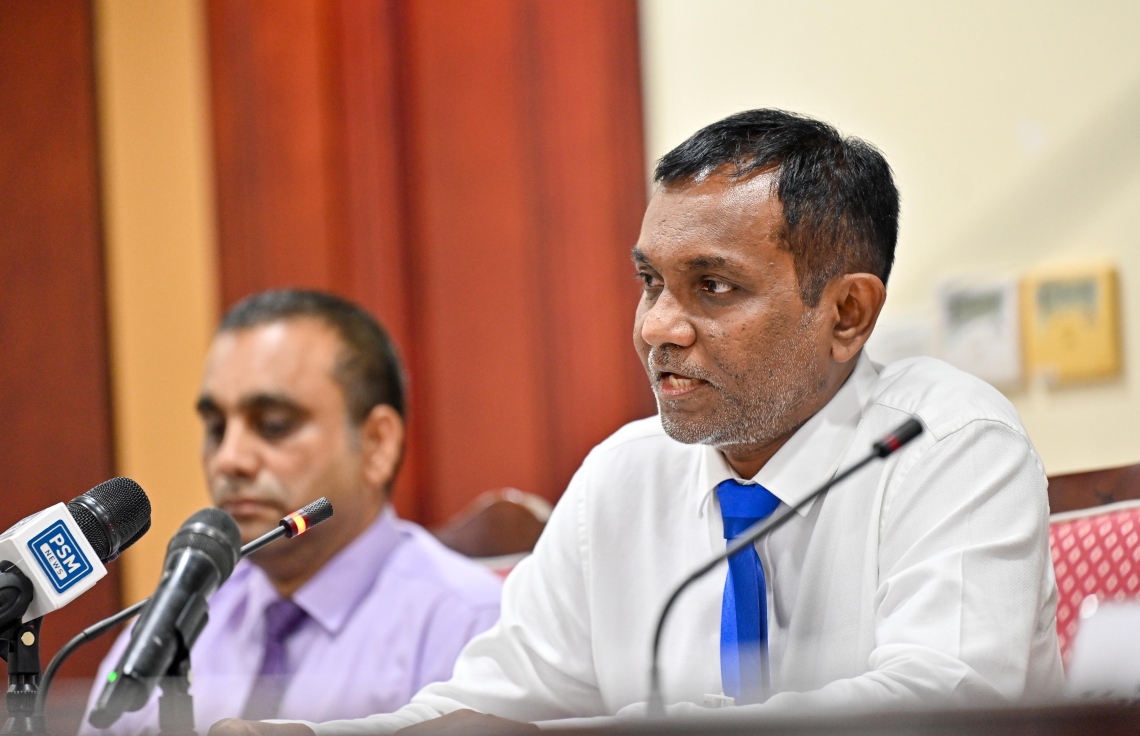
According to a source, the software was acquired under the pretext of enhancing cybersecurity and protecting the commission's systems from malware.
Employees of the Civil Service Commission (CSC) were allegedly subjected to spying through software installed on their computer systems, which tracked all transactions and captured passwords, a source familiar with the matter has said.
The software had reportedly been in use for two years.
The matter came to light after allegations against CSC Chairman Mohamed Nasih were submitted to parliament, accusing him of spying on employees. Nasih, however, denied prior knowledge of the surveillance, stating he became aware of it only after the allegations were brought to parliament.
Following an internal investigation, Nasih said two suspects were identified and suspended for one month and the case has been filed with the police.
The commission's IT department head and a consultant were suspended in connection with the incident last Wednesday.
According to a source who spoke to Mihaaru News, the software was acquired under the pretext of enhancing cybersecurity and protecting the commission's systems from malware.
"The software monitored employees’ activities, capturing sensitive information such as internet banking passwords and credentials for personal social media accounts," he said.
The software was purchased in April 2022, with CSC employees allegedly being monitored for two years.
Police said that a case of "developing software to monitor the work of Civil Service Commission employees" was filed on November 21 and is under investigation.
A complaint was submitted to parliament, accusing Nasih of acting against the responsibilities of the CSC president and engaging in behavior unbefitting his role. However, the Parliament’s Committee on Independent Institutions concluded that there was insufficient evidence to support the allegations against Nasih and decided not to recommend his dismissal.
